
11 Silent Signs Your Body Gives Before Diabetes Strikes
Diabetes is one of the most widespread chronic conditions in the world today, affecting millions of people across all age groups. Despite its prevalence, many individuals do not realize they are at risk until the disease has progressed. Type 2 diabetes, in particular, tends to develop slowly, and early symptoms are often mild or overlooked. However, your body gives subtle, silent signs before diabetes fully takes hold. Recognizing these early warning signs can lead to timely diagnosis and effective management. Here are 11 silent signs your body might be giving you before diabetes strikes.
1. Frequent Urination
When blood sugar levels are too high, the kidneys try to eliminate the excess glucose by increasing urine production. If you find yourself urinating more often than usual—especially at night—this could be a silent sign of diabetes.
2. Excessive Thirst
With frequent urination comes dehydration. As your body loses fluids, you may feel an unquenchable thirst. If you're constantly reaching for water but never feel satisfied, it's a symptom worth paying attention to.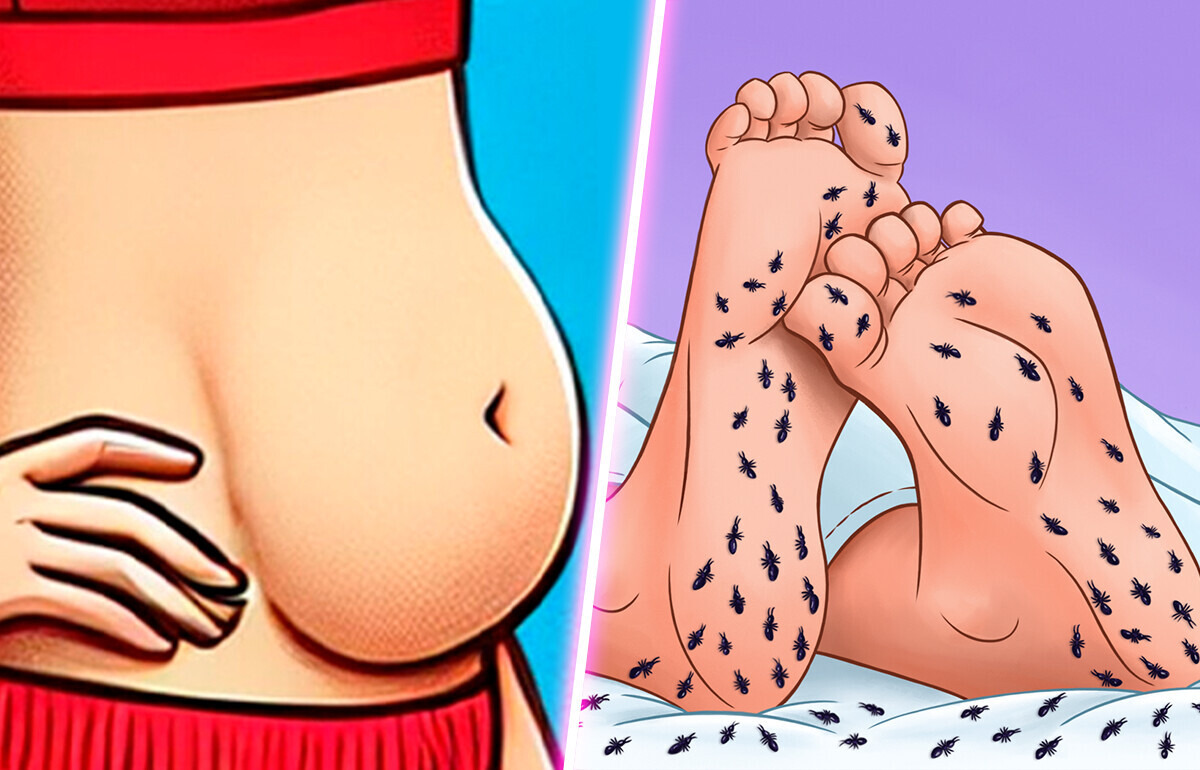
3. Unexplained Fatigue
Glucose is your body’s main source of energy. If your cells can’t absorb it properly due to insulin resistance, you’ll feel tired all the time, even after a full night’s sleep.
4. Blurred Vision
High blood sugar can cause the lens of your eye to swell, leading to blurry or distorted vision. If you notice changes in your eyesight, don’t ignore it—your eyes may be revealing a deeper issue.
5. Slow-Healing Cuts and Wounds
High blood sugar slows circulation and affects your immune system, both of which make it harder for your body to heal. If even small cuts take a long time to close, it could be an early warning sign.
6. Tingling or Numbness in Hands and Feet
Known as peripheral neuropathy, this nerve damage is caused by prolonged high blood sugar levels. It usually starts in the fingers and toes and may feel like tingling, burning, or numbness.
7. Itchy or Dry Skin
Dehydration and poor circulation can lead to skin problems. Persistent itching, especially in the lower legs, may be your skin’s way of signaling high blood sugar.
8. Dark Patches on the Skin
A condition known as acanthosis nigricans causes dark, velvety patches of skin to appear in body folds like the neck, armpits, and groin. It’s often an early sign of insulin resistance.
9. Increased Hunger
When your body can’t use glucose for energy, it starts signaling you to eat more in an attempt to fuel your cells. This leads to constant or excessive hunger, even after meals.
10. Unexplained Weight Loss
If you're losing weight without trying, it might not be a good thing. When your body can’t use sugar properly, it starts breaking down fat and muscle for energy, causing you to shed pounds quickly.
11. Frequent Infections
High blood sugar weakens your immune system, making you more vulnerable to infections—especially of the skin, gums, bladder, and other areas. Recurring infections should not be ignored.
Conclusion
These silent signs are your body’s early warning system. While none of them alone confirm diabetes, a combination of these symptoms should prompt you to seek medical advice. Early detection is key. The sooner diabetes is diagnosed, the more effectively it can be managed through diet, exercise, medication, and lifestyle changes. Don't wait until it's too late—your body is speaking to you. All you have to do is listen.
News in the same category


Struggling to sleep? This simple eye trick can knock you out in minutes

7 essential vitamins every diabetic needs for nerve health
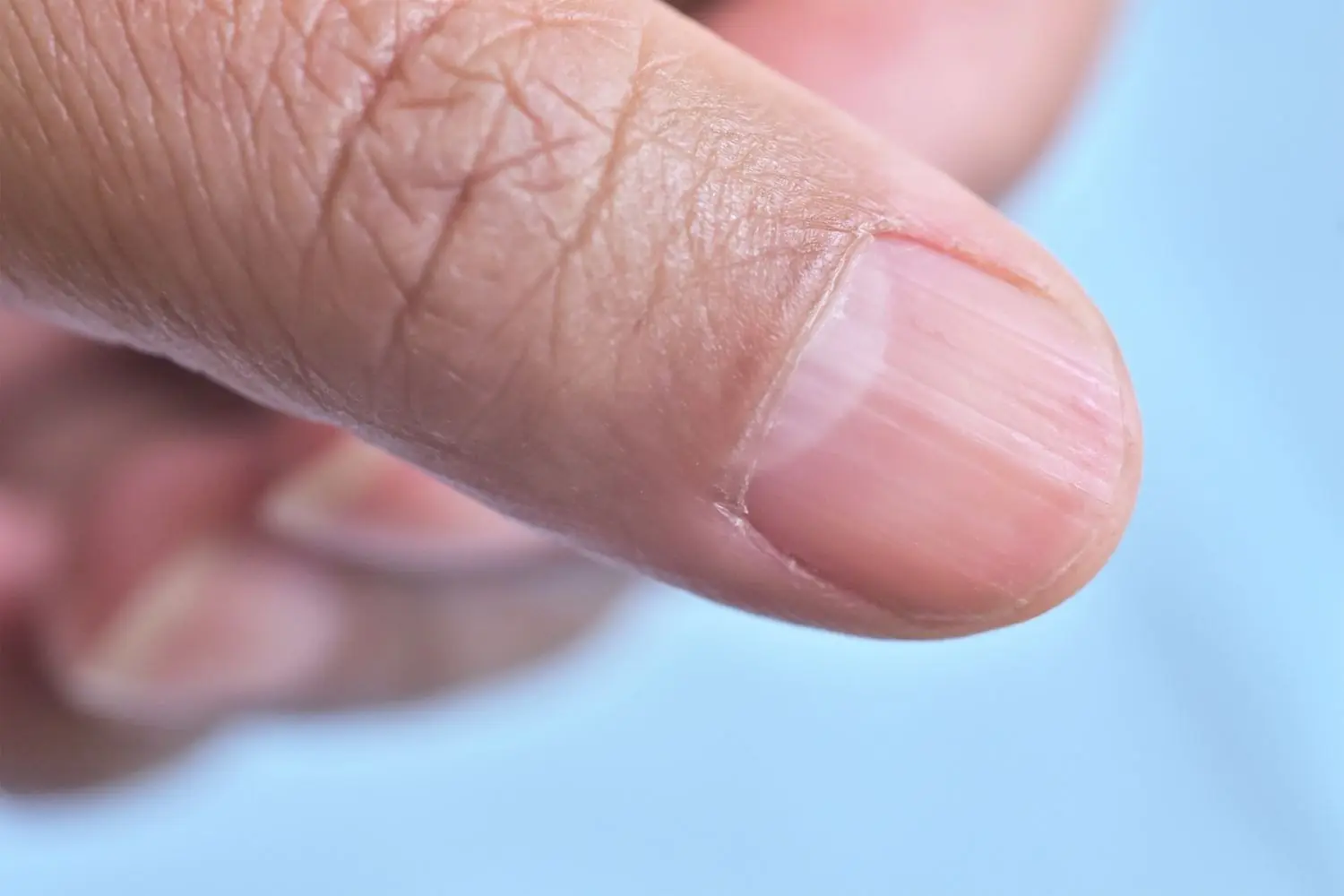
If you have these lines on your nails it is a clear sign that...
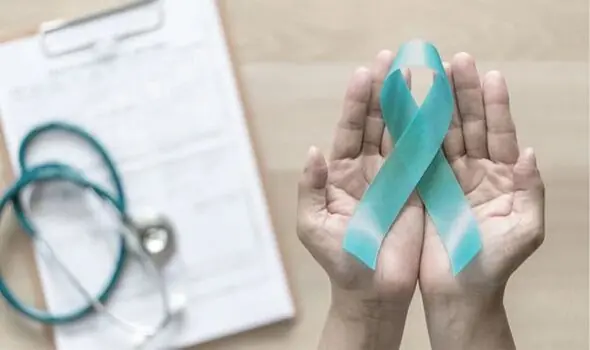
Symptoms Of Ovarian Cancer Every Woman Should Never Ignore

Don’t Ignore These 9 Early Signs of Diabetes — Your Body’s Been Trying to Tell You
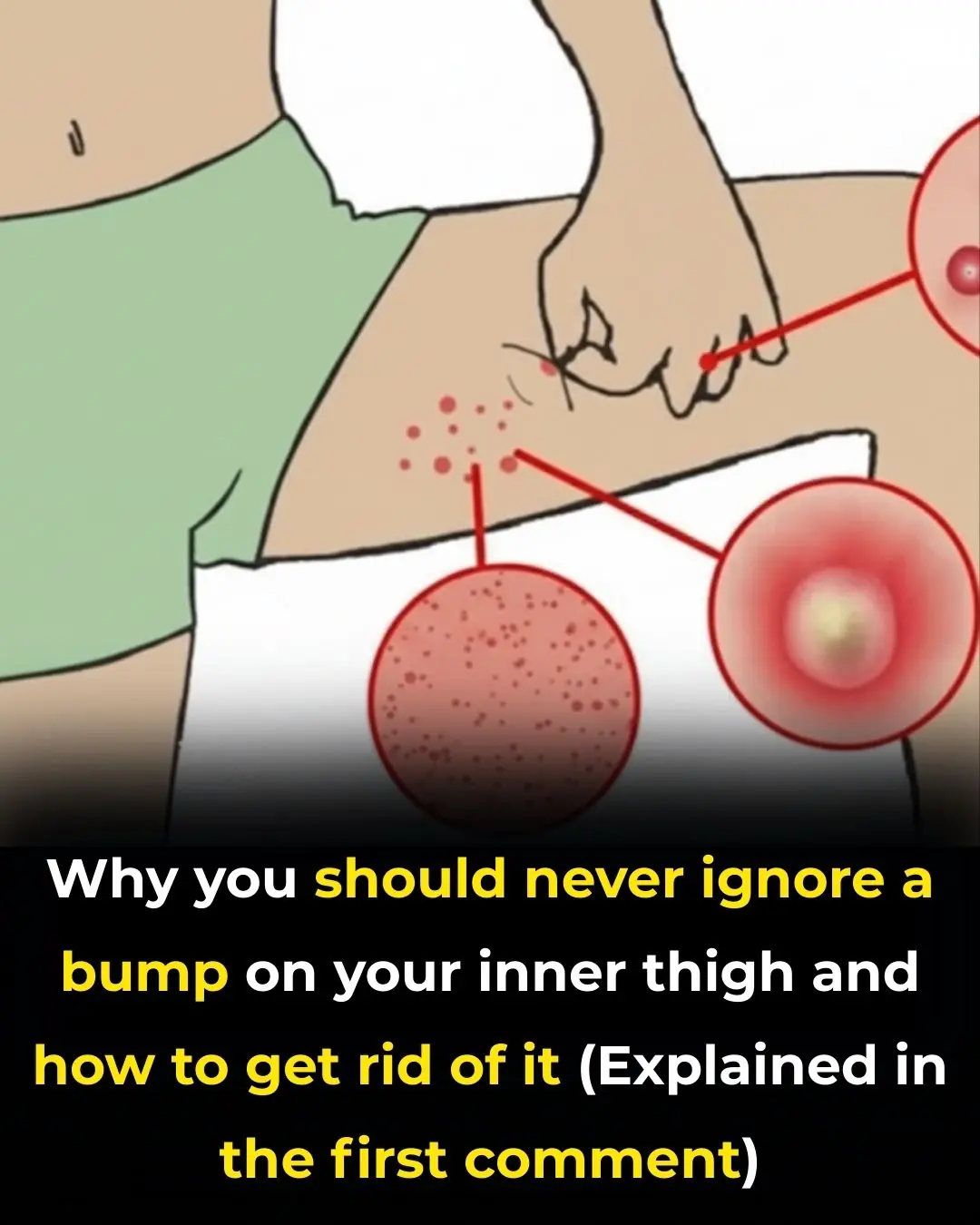
The Most Effective Ways to Get Rid of Bumps on Inner Thigh (Backed by Science)
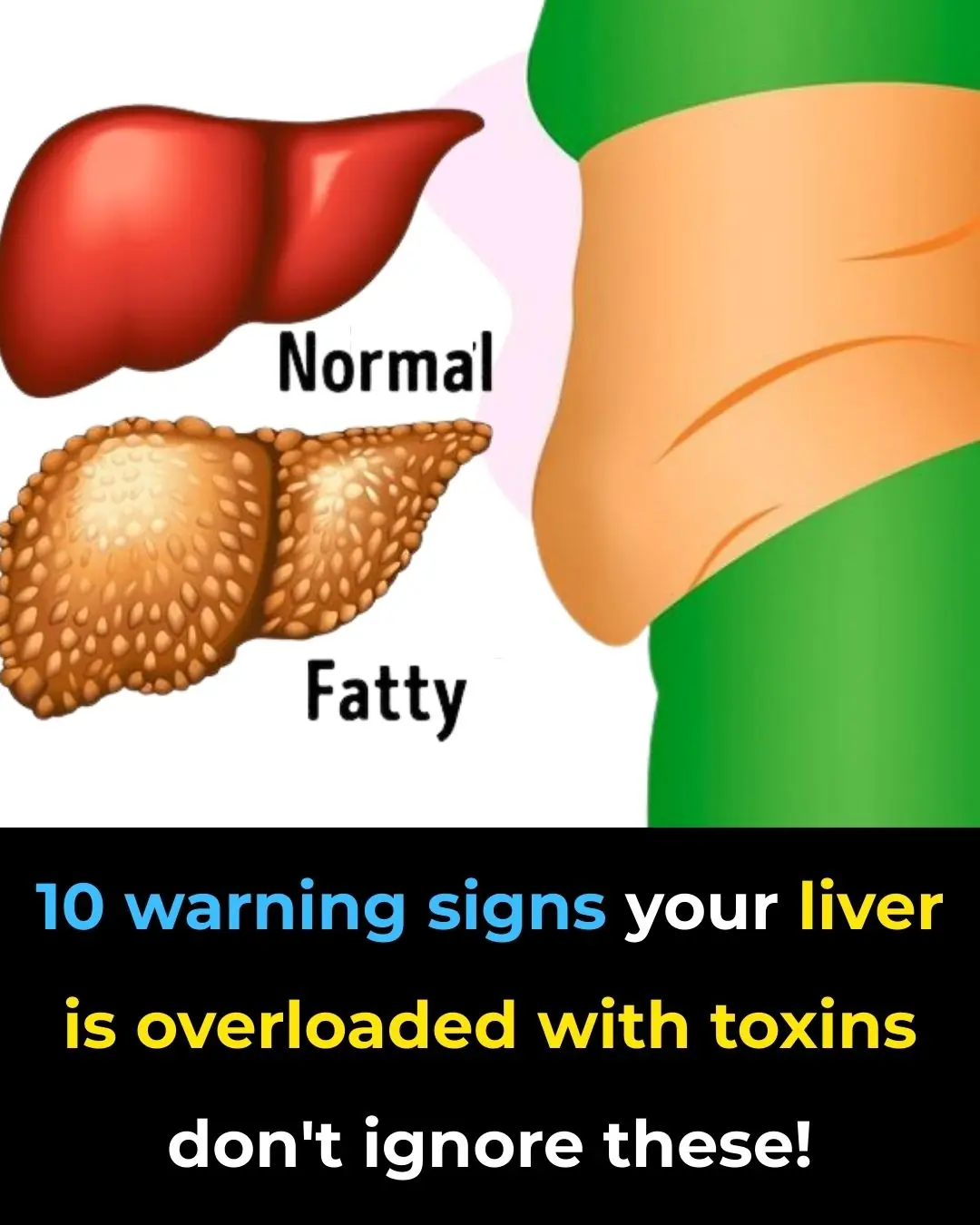
Early Signs of Liver Damage & How to Strengthen Your Liver

Shingles Vaccine May Protect Against Dementia, New Study Suggests
Could a simple vaccine hold the key to protecting the brain against one of the most feared diseases of aging?

Surgeons Face the Highest Mortality Risk Compared to Other Physicians, Study Finds
From elevated cancer rates to stress-induced cardiovascular disease, the profession carries health costs that demand greater awareness and intervention.

The Most Dangerous Time to Sleep: Why Going to Bed Late Can Harm Your Health

Random Stabbing Pains In Your chest Has Finally Been Explained
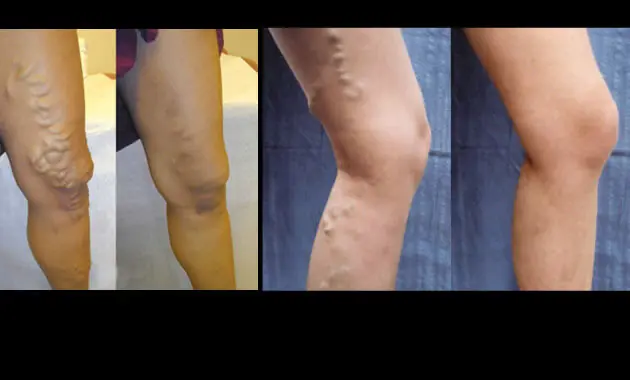
Varicose Veins: Causes, Symptoms, and Treatments for Better Circulation

6 Sneaky Signs Your Diet Can Be Harming Your Body
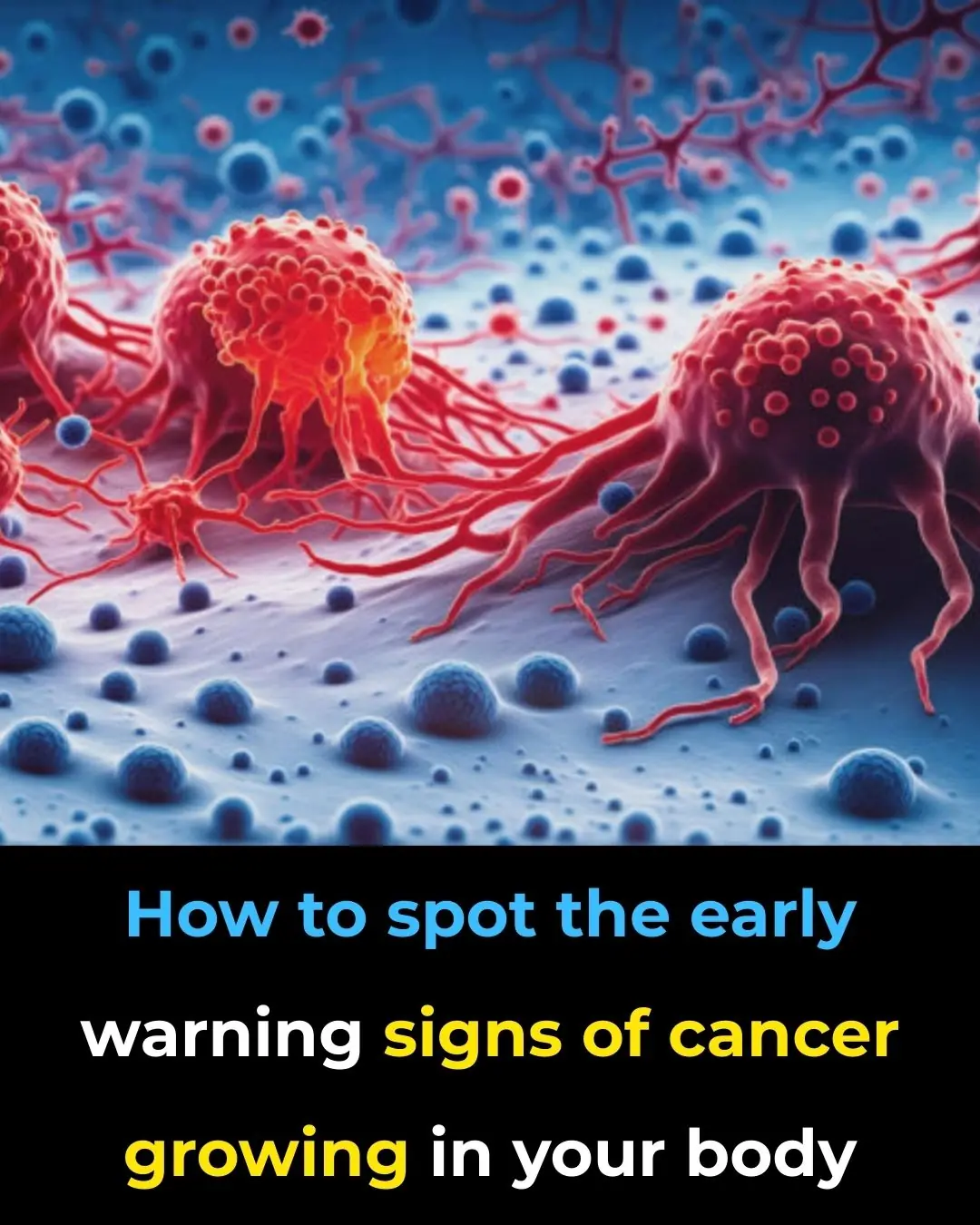
15 Common Cancer Symptoms You Shouldn’t Ignore

Remove these 7 everyday foods from your fridge—they could raise cancer risk

The Anti-Cancer Diet: Cancer Fighting Foods to Help Prevent Cancer (Evidence Based)

A Surprising Drink That May Help Prevent Cancer – And It's Not Tea or Coffee

How To Get Rid of Phlegm And Mucus
News Post

Texas Doctor Reveals A “Miracle Mineral” That Soothes Nerve Pain

Struggling to sleep? This simple eye trick can knock you out in minutes

7 essential vitamins every diabetic needs for nerve health

If the freezer in your fridge is covered with ice, do this right away to avoid a surge in your electricity bill.

Don't boil chicken with salt and plain water, as it may become smelly and red. Try this method instead: the chicken will have golden skin and tender, flavorful meat.

3 ways to prevent snakes from entering your house, everyone should know to protect their family.

Red Onion for Hair Growth: How This Overlooked Natural Remedy Can Stop Hair Fall and Boost Thickness Fast

25 Incredible Health Benefits of Goosegrass

US officials issue warning that solar panels could be spying on us

Security feature you should make sure is always enabled on your Android smartphone

Tech experts try to 'break the iPhone Air' with bend test

Homemade Vitamin C Serum | DIY Vitamin C Serum for Clear Skin

If you have these lines on your nails it is a clear sign that...
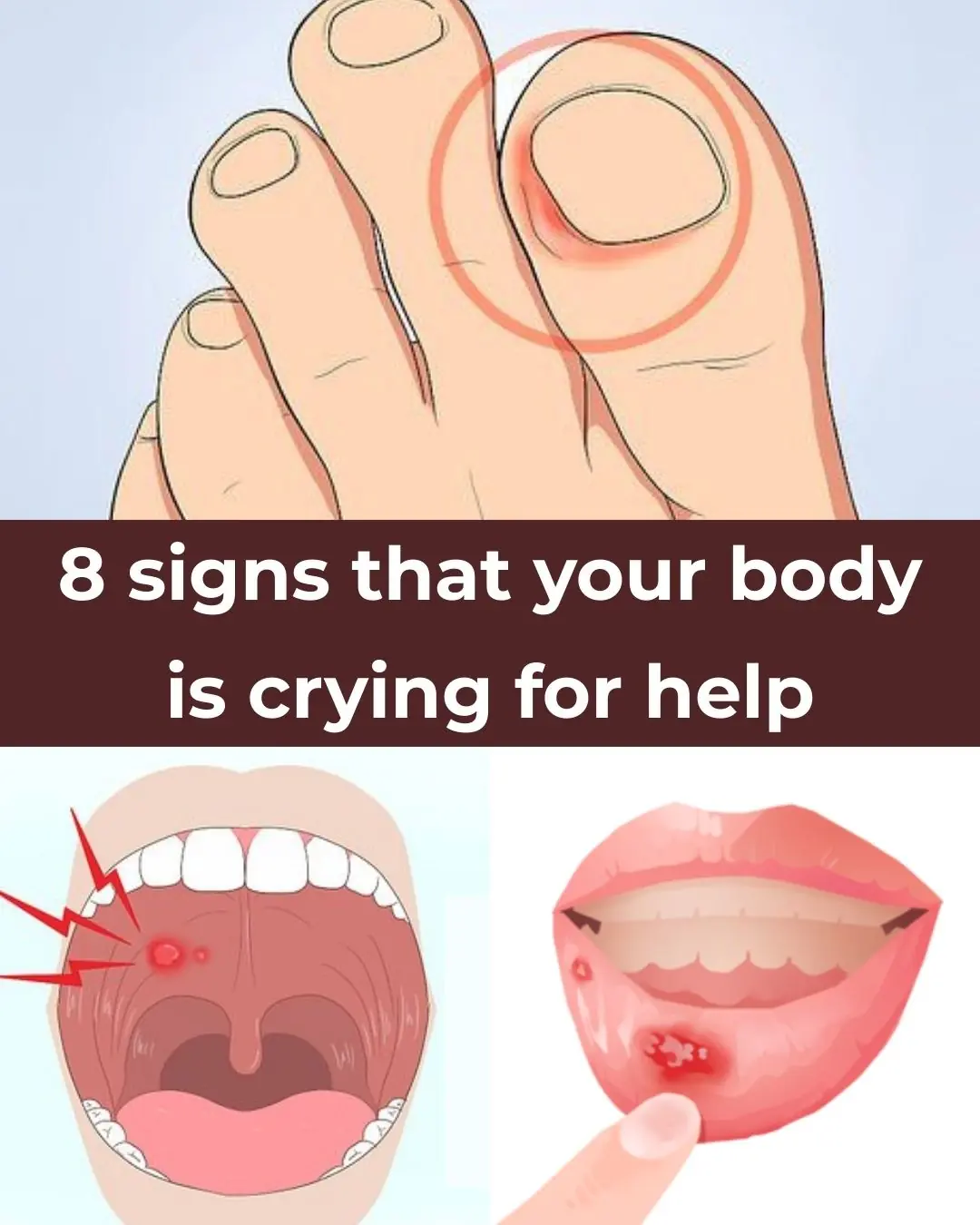
8 Signs That Your Body Is Crying for Help

Symptoms Of Ovarian Cancer Every Woman Should Never Ignore

Say Goodbye to Bad Breath With Just 2 Natural Ingredients: DIY Clove & Peppermint Mouthwash

Don’t Ignore These 9 Early Signs of Diabetes — Your Body’s Been Trying to Tell You

iPhone users slam latest update a 'downgrade' after noticing 'diabolically ugly' new features
